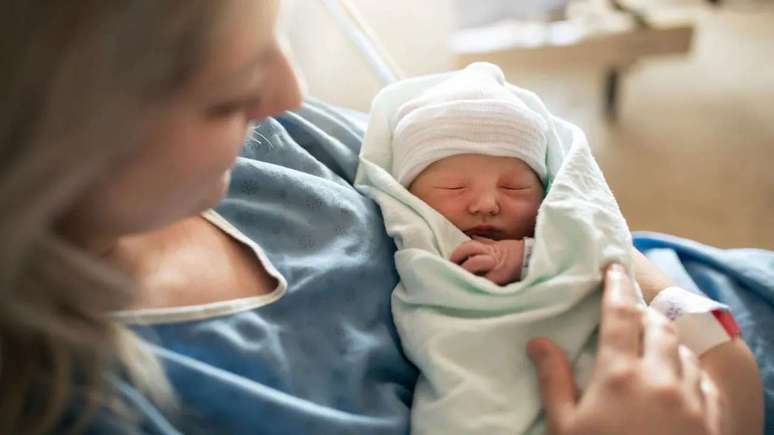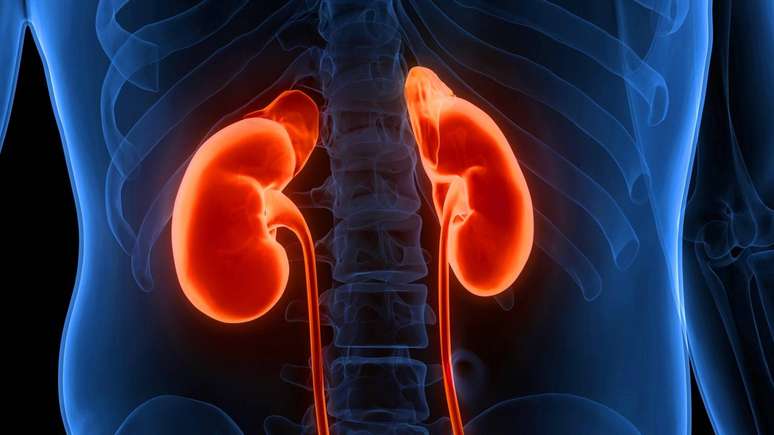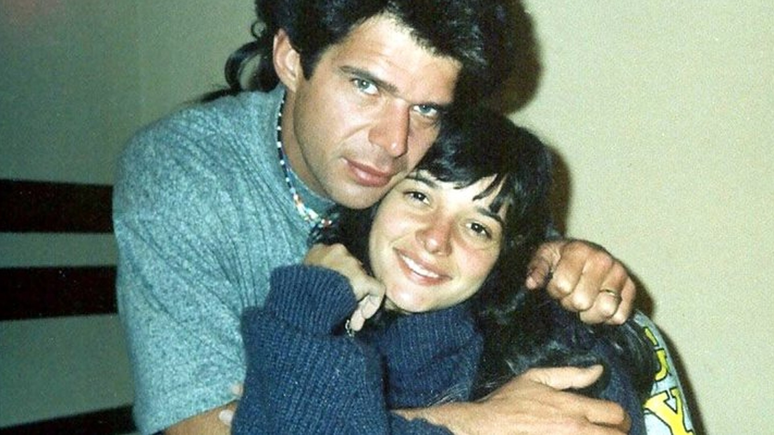Experts explain the assistance that should be taken to preserve the well -being of mother and child during the postpartum
The arrival of a child is synonymous with happiness and very affection, but also has many doubts and insecurity for new mothers. In addition to a new routine that provides little rest and a lot of responsibility, women also undergo significant changes in the body and do not always have support. And this mix of feelings can influence mental health and trigger problems that compromise the well -being of mother and child.
The puerperium It is the interval that started with the birth of the child. It extends up to six weeks, when the pre-gravidic physical characteristics in the mother’s body occur. The gynecologist and obstetrics Daisy Martins Rodrigues, professor of Unibh/inspiration, explains that women undergo different physical, hormonal and emotional changes. So taking care of health during this period is fundamental.
“This beginning can come without hitches to some women, but troubled for others. This can be associated with issues such as body change, sleep routine, food, daily habits and adaptation with the new family axis,” says Jacqueline Braga Pereira, gynecologist, midwife and assistant professor of doctor at Unibh/Inpilali.
Complications after delivery
Puerperal complications can occur shortly after the birth of the child or up to six weeks after childbirth, with variable gravity based on the delivery route, in the presence of pre -existing diseases, to maternal age, among other associated factors. Therefore, it is essential that the woman is aware of signs such as fever, intense bleeding, unloading with an unpleasant smell or difficulty breathing. These symptoms may indicate problems that require immediate medical treatment.
Among the most common complications that may happen are: uterus infection (endometritis), urinary traits, Caesarea scar or episiotomy; Postpartum bleeding; thromboembolism, i.e. greater risk of coaguli formation in the legs or lungs, especially after cesarean sections or prolonged immobilization; Mastitis and breast abscess and transitory emotional alteration, slightly even more serious and persistent.
The depressive episodes can also occur weeks after the birth of the child, characterized by profound sadness, lack of energy, changes in sleep and appetite, difficulty in creating a link with the child and negative thoughts, even on herself or on their child. The causes involve hormonal factors (sudden estrogen and progesterone), physical and emotional overload, lack of support, history of depression and stress with changes in motherhood.
To deal with these problems, family support is very important both for mother support and for assistance to babies. However, when the puerpera has to face easy crying, excessive irritability, sense of impotence or historical depression or mental disorders, psychological or psychiatric sequel is essential. “The early identification of the initial symptoms in pregnancy and postpartum is considered the best way to prevent complications such as serious depression,” says Jacqueline Braga.
Physical and mental care
Following doctors in postpartum is essential to ensure the correct recovery of the mother and prevent complications. “The time indicated and the frequency of consultations can vary according to the way of delivery (normal section or Caesarean), the presence of comorbidity and complications during delivery”, guides the gynecologist Daisy Martins Rodrigues. Postpartum cure includes:
- Keep the follow -up medical after childbirth for the evaluation of the uterus, healing (in the case of cesarean cut, episiotomy in vaginal birth and suture of lacerations that may occur), breasts, blood pressure, emotional changes and possible signs of infection;
- Pay attention to breastfeeding, checking the child’s “correct capture” to avoid cracks in the nipples;
- Maintain an adequate hydration diet and nutrients;
- Maintain a routine with habits that contribute to the promotion of mental health;
- The contraceptive methods with the doctor is discussed, since ovulation can return even before the first menstruation,
- Monitor immunizations, conduct a review of the vaccination cards and, if necessary, complete the missing vaccines and the patterns sometimes started before pregnancy.
After childbirth, women gradually resume the routine. Reading activities such as home and family care can be resumed in a few weeks. Light exercise, such as short walks and stretching exercises, can be performed after 10 or 15 days. Rooming activities, such as bodybuilding, can be carried out after 45-60 days. You can drive again after 7-10 days. The return to the complete routine should respect the rhythm and well -being of the mother.
In addition, it is important to pay attention to the power of the puerperium, but attention should not be on the restrictive diet to lose weight, but nourish the body for physical recovery, the hormonal balance and the correct milk production. “The adequate diet in postpartum helps the body to recover from childbirth, promotes healing, maintains the production of breast milk, prevents constipation, anemia and infections, contributes to hormonal balance. Weight loss should be gradual and guided by a nutritionist, especially during breastfeeding”, concludes the Rodrigues Marchi Marchi.
Source: Terra
Ben Stock is a lifestyle journalist and author at Gossipify. He writes about topics such as health, wellness, travel, food and home decor. He provides practical advice and inspiration to improve well-being, keeps readers up to date with latest lifestyle news and trends, known for his engaging writing style, in-depth analysis and unique perspectives.









